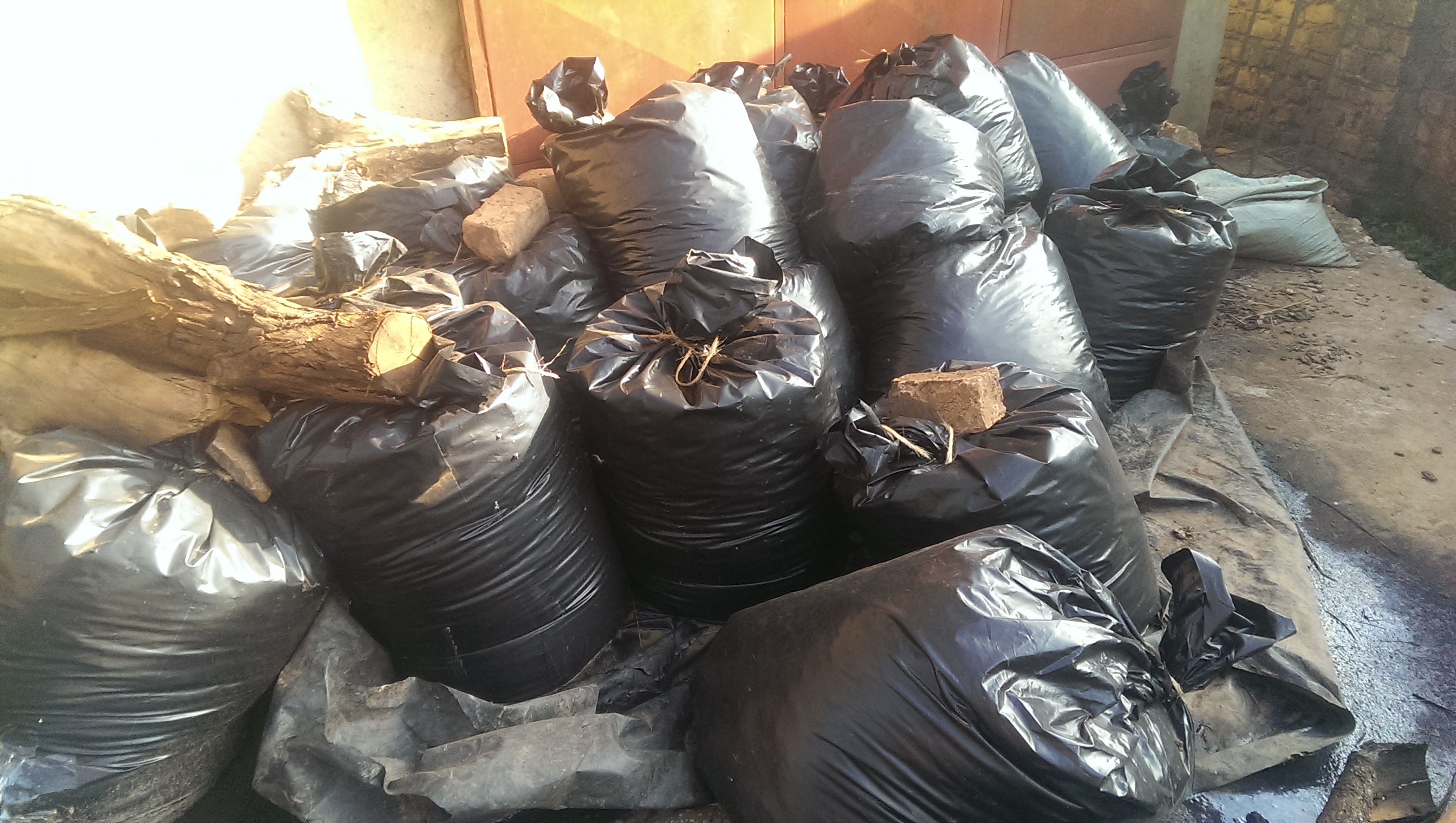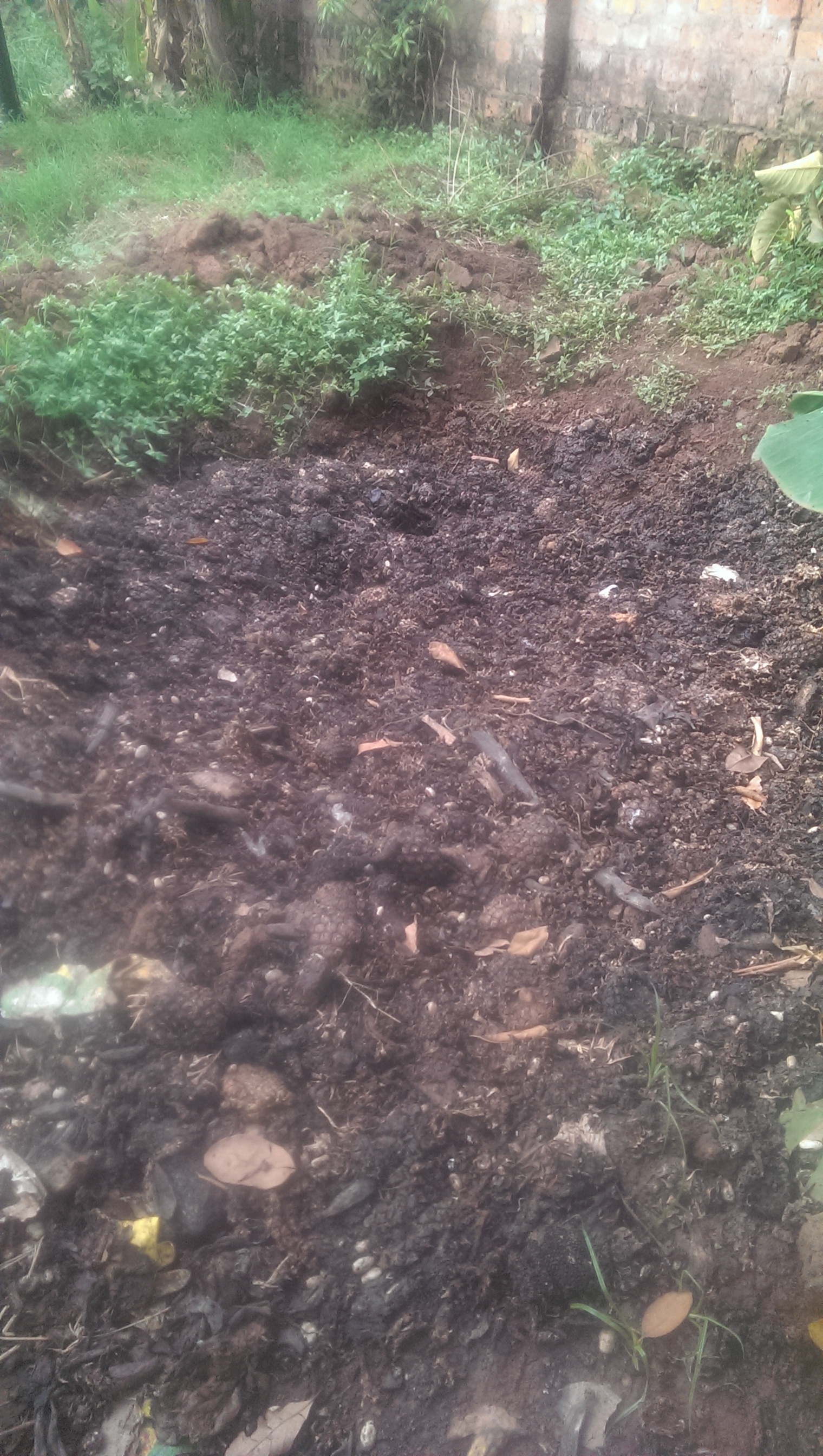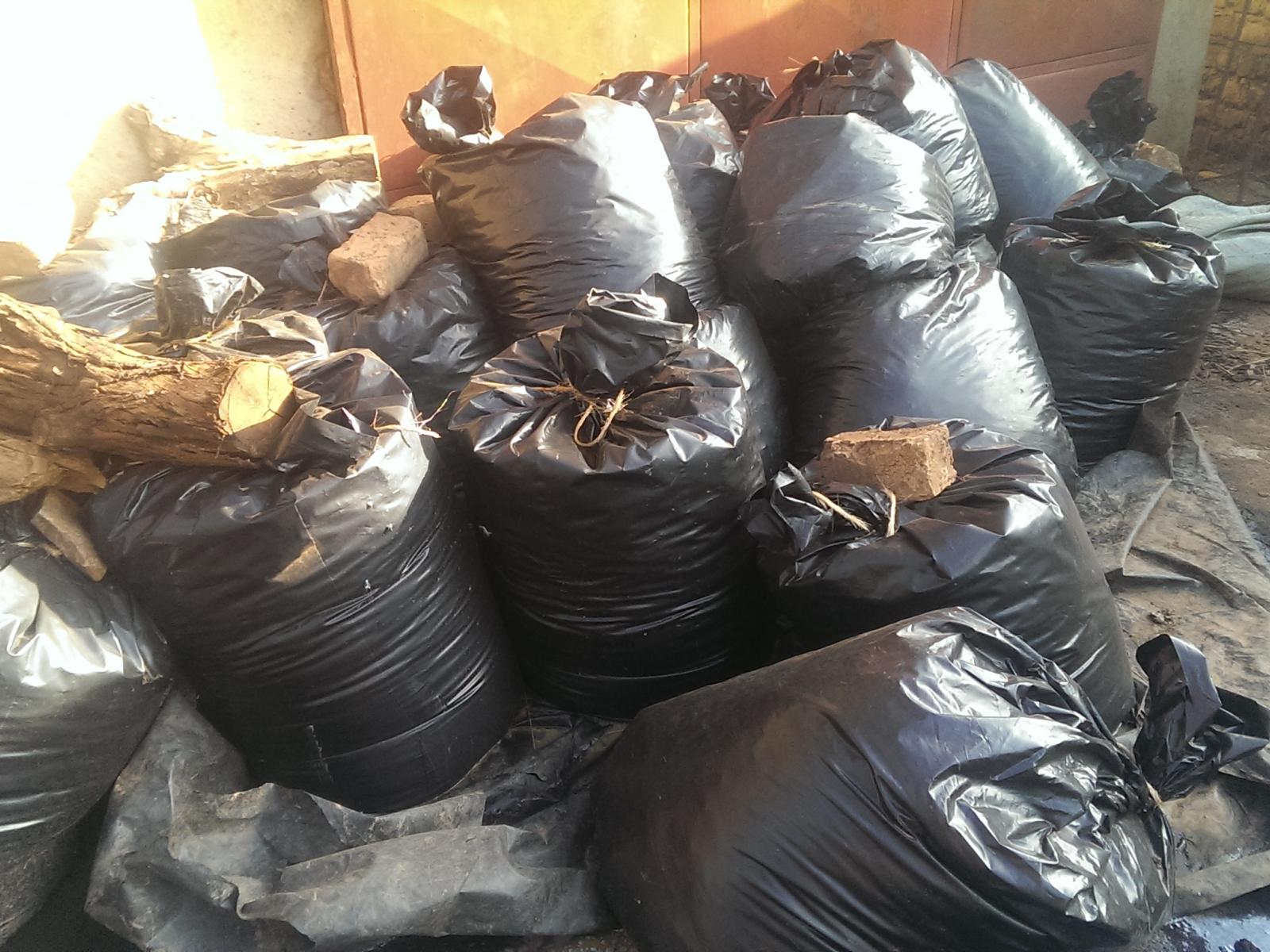An Overview Of Our Solution
- Population Impacted:
- Continent: Africa
Organization type
Population impacted
Size of agricultural area
Production quantity
People employed
Describe your solution
Describe your implementation
External connections
What is the environmental or ecological challenge you are targeting with your solution?
Describe the context in which you are operating
At Jakana Foods we identified that our main problem is waste management, that is how we can minimize the waste we produce, and in case we produce it, how we can channel it into useful products. This not only boosts our revenue, but it also helps us to be competitive with-in the market. In 2016 we were able to process about 100 tonnes of raw fruit which included pineapples, papaya, plantain and jackfruit. From that much of raw fruit, we were able to generate about 50 tonnes of waste inform of fruit peelings, over-ripe fruit and damaged fruit which could not be processed. Studies have shown that to produce about 2500m2 of bio-methane, one needs about 20kg of household waste. Therefore with the 50 tonnes of waste we disposed of to landfills in 2016, we estimate that we generated about 6.256m2 of bio-methane into the atmosphere. Additionally disposing of the fruit waste to landfill in 2016 meant that we lost about 3000 kilograms of compost manure. For the case of the biomass furnaces used for the fruit drier, we use about 3 tonnes of firewood a week, therefore a day we used about 430kg of wood. Studies show that burning 1kg of wood produces about 1.6kg of CO2. Therefore 430kg of the wood we use in a day will produce about 688 kg of CO2. Inefficient use of firewood has also contributed to the high rate of deforestation in Uganda, whereby the rate of deforestation in Uganda from 1990-2000 was 1.7, but it has increased to 2.17% from 2000-2005
How did you impact natural resource use and greenhouse gas emissions?
Language(s)
Social/Community
Water
Food Security/Nutrition
Economic/Sustainable Development
Climate
Sustainability
The activities we carry out at Jakana Foods rely on market based revenues that are generated with-in the company. From the estimates that we have made, our activities are economically sustainable, given that our projects require low capital investments, yet we generate high profits from them. The only obstacle to the economic sustainability of our projects, is the fact that we have not yet established reliable clients to buy our silage and compost. Therefore we haven’t generated as much profit as anticipated earlier.
Return on investment
Entrant Image

Entrant Banner Image

